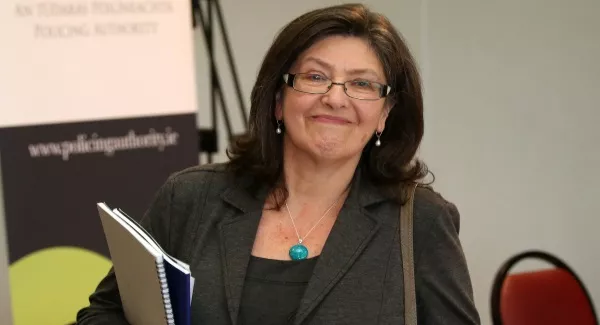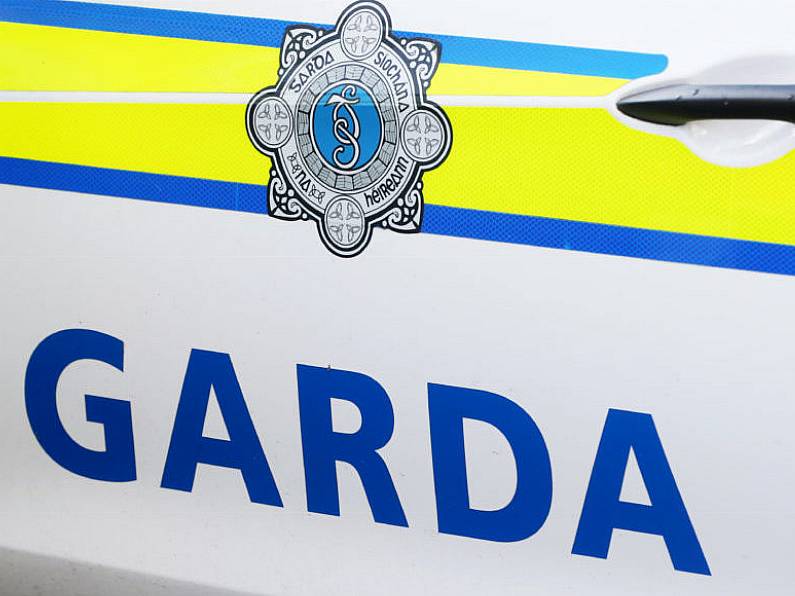Crime detection rates have fallen for the second year in a row, according to two new reports issued by the Policing Authority today.
According to the body, there has been "considerable policing success in disrupting organised crime" yet detection rates continuing to fall.
The Policing Authority published its Mid-Year Assessment on Policing Performance in An Garda Síochána and its fifth report to the Minister on progress by the force in implementing the recommendations of the Garda Inspectorate Report 'Changing Policing in Ireland'.
The documents report "considerable activity in policing and modernising the organisation" yet find that performance by An Garda Síochána is missing targets set out in the Garda Commissioner’s Policing Plan "to a considerable extent".
800 gardaí and 300 civilian staff joined An Garda Síochána since 2016, suggesting there is strong evidence of investment and activity in the organisation.
However, there is concern this has not been matched by a clear strategic focus to benefit from the investment in terms of deployment and training.
Crime rates are up in all areas except homicide, which the reports indicate may be due to increased confidence in reporting crime to the gardaí.
"In particular, the reported increase in assaults over the past two years has been significant," the Authority says.
The reports, which relate to garda performance, highlight that there is "evidence of failure to conduct testing at serious and fatal road collisions in a significant proportion of cases with 42% of drivers not being tested in serious injury collisions and 22% of drivers not being tested in fatal collisions in the period from 2014 to 2016".
They note that there has been no formal garda response to the Crowe Horwath Report in relation to breath testing thus far.
The Authority says that strategies in relation to diversity and inclusion and the Garda Reserve are overdue in terms of the timelines set by the Commissioner but "progress is hampered by a lack of integrated and costed planning".

Speaking on publication of these reports, Policing Authority Chairperson Josephine Feehily said: “The primary purpose of the Policing Authority since 2016 has been to oversee the performance of the Garda Síochána and these reports bring further transparency to that oversight work.
"It is important to emphasise that these reports assess policing performance and progress on modernisation against plans and targets set by the Garda Commissioner.
"These are not box-ticking exercises, but speak directly to the delivery of an effective, visible and responsive policing service, with real-world consequences for victims and for the communities the Garda Síochána serve."
"While there is significant activity and positive progress across the organisation in both modernisation and policing initiatives, advancement is hampered by a lack of integrated and costed planning.
"The Garda Síochána planning process should, but doesn’t, adequately plan for such enablers as accommodation, people, technology, training and very importantly communicating and embedding changes throughout the organisation," she said.
Digital Desk






